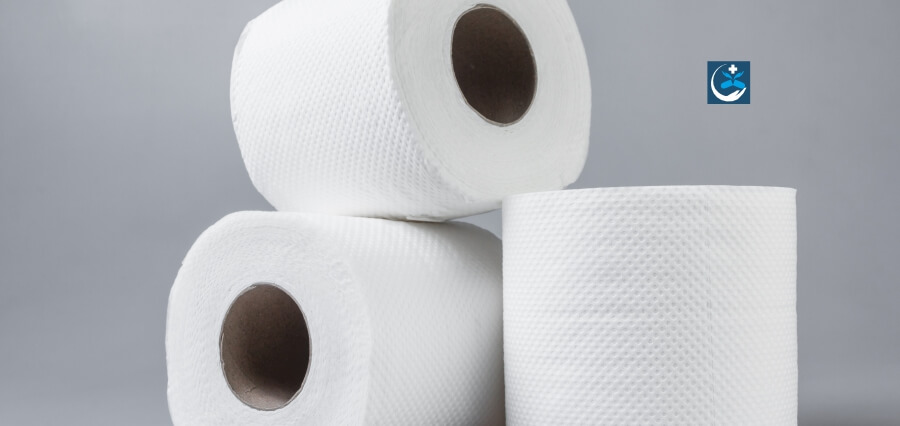Experts explain what you’re doing incorrectly when using toilet paper to prevent thousands of people from contracting nasty infections.
The question of whether toilet paper should be antibacterial, folded, quilted, and used for wiping or patting has been up for debate for a while.
Furthermore, some experts now advise against using it at all.
Japanese scientists have found that replacing paper towels with a bidet, which washes the genitalia and back passage with water instead of wiping, can significantly lower the risk of unpleasant infections.
According to the study, people who used bidets had 10 times fewer dangerous bacteria on their hands than people who used toilet paper.
They claim that because of this, Americans are more susceptible to the potentially fatal C. difficile bug, which causes inflammatory bowel illness and diarrhoea.
Women should wipe from front to back more than men do because their urethras are shorter and can become clogged with faeces.
According to statistics, two-thirds of the 500,000 Americans who contract C. difficile each year are associated with nursing homes.
In the US, it kills between 15,000 and 30,000 people annually.
A New York City rectal surgeon named Dr. Evan Goldstein claims that utilising a bidet is far better than using paper for preventing infections.
The way that Charmin and these brands have portrayed toilet paper as hygienic is excellent. The medic informed Insider that it isn’t.
However, some experts argue that the issue lies in the way most people use toilet paper, not the paper itself.
Using the incorrect kind of toilet paper and wiping can cause rashes, haemorrhoids, and even potentially fatal infections.
To begin with, single-ply toilet paper is more abrasive on the skin than premium brands, and it can lead to cuts that are more vulnerable to infection.
In a piece for the Washington Post, gastroenterologist Dr. Trisha Pasricha of Boston’s Massachusetts General Hospital stated that because single-ply toilet paper is so thin, you’ll probably need to use more of it to finish the job.
According to her, pruritus ani, or uncomfortable itching, can result from repeatedly rubbing this rough paper.
Toilet paper that has bleached can also be uncomfortable.
A Canadian case study featured a woman who struggled to walk due to four years of vulva irritation, which affects the outer part of the female genitalia. Her symptoms subsided when she visited Europe and used unbleached toilet paper.
Strong, absorbent, and soft toilet paper is advised by experts.
Your genital health can also be affected by the way you wipe.
Rather than wiping, Dr. Pasricha advises dabbing paper around the back passage.

